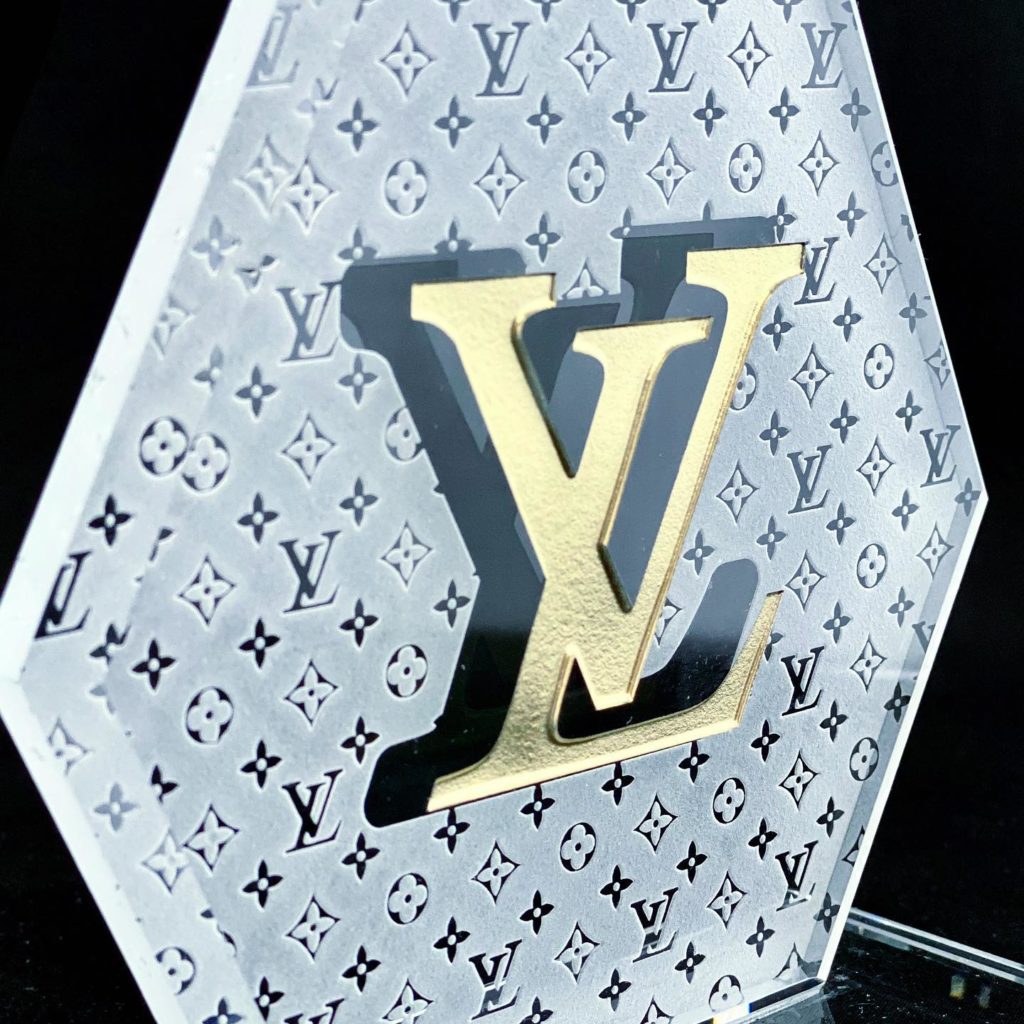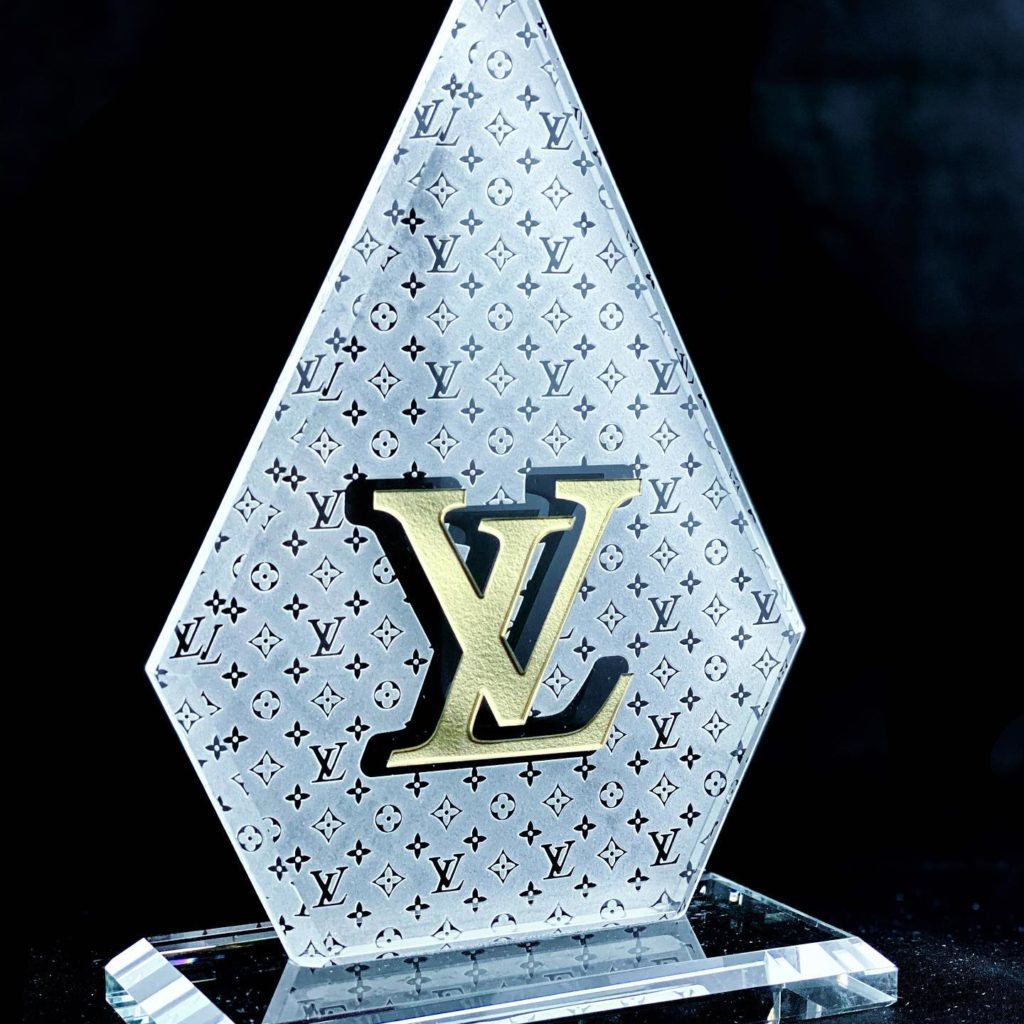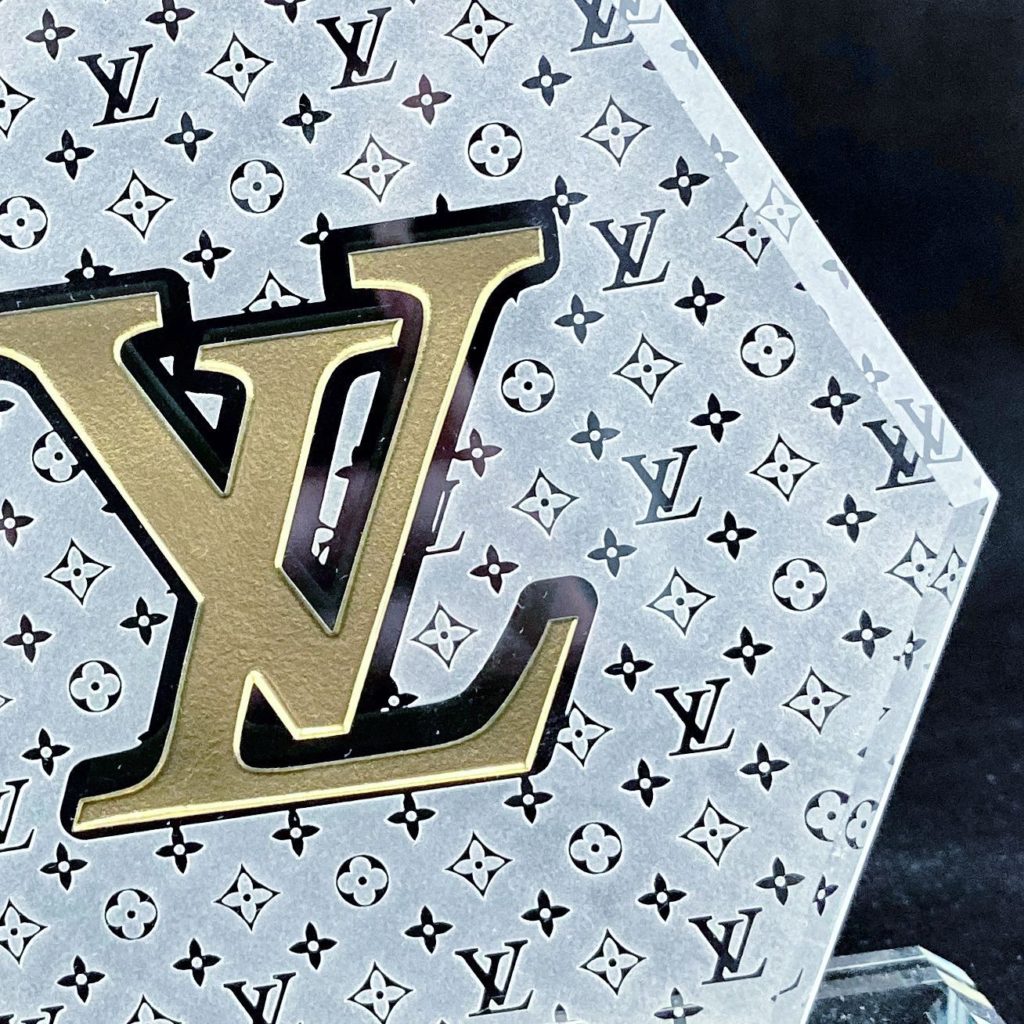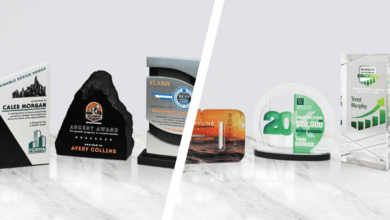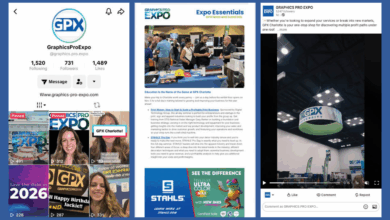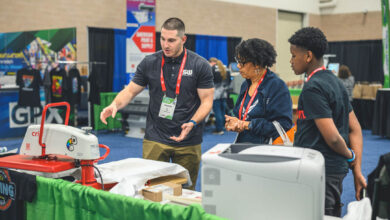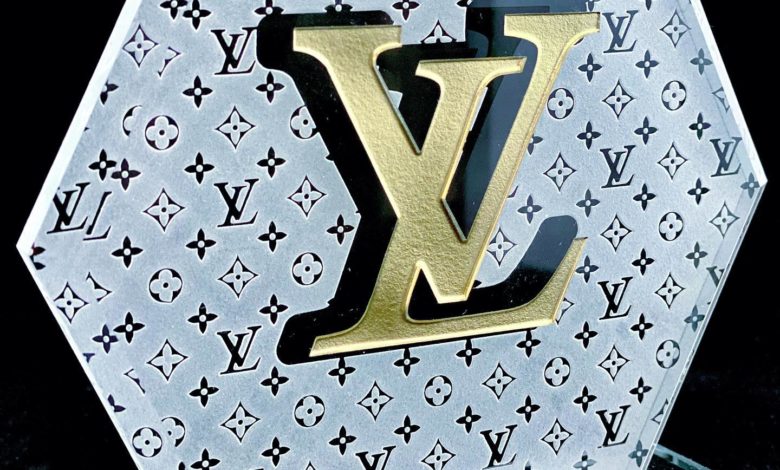
Color filling awards and personalization items adds interest and value to the finished piece. Sublimation and screen printing are other common options for coloring glass, but paint filling etched or sandcarved glass has a higher perceived value due to the 3D effect it creates when you back blast on clear glass.
Use your process to your advantage. Let’s walk through how to get the most out of color filling and expand your business to include this decorative finish on your sandcarved pieces.
Things to keep in mind when color filling
Substrates: Color filling works great on glass and elevates any award to the next level. You can also try it on wood, ceramic, metal, and stone.
Color choices: You do not need to offer every color under the sun. Start with just a few of the basics like gold, silver, black, and white. Having a wide variety of colors can create more work and issues, which is not suitable for production or your bottom line.
Paint choices: Oil-based paints and water-based paints both have their advantages and disadvantages. We have used both Rust-oleum and Rub-n-Buff oil-based paints, and Krylon Professional Paints water-based paint for color filling.
Application options: We recommend an airbrush or camel hair paintbrush (if painting by hand) for application. You can also use spray paint, paint pens, or Rub-n-Buff. Find out what look your customers are looking for. Most production shops we visit use water-based paints, Rub-n-Buff, acrylic markers, and other easy methods because their customers are not very picky. Do you want to go with the flow or find a new niche for your market? For example, if you want to charge the same but add color filling to the mix, use water-based paints and paint markers, which are the cheaper option for paint filling.
Airbrush tip: Using an airbrush gives you a nice even finish and is easy to apply. Get an airbrush for each color offered, so you do not need to change colors and clean as often. The benefits of airbrushing:
-
- It can be applied to vertical pieces
- It has a professional look
- It uses less paint than other alternatives
Photoresist film: Either wet or dry process film works for color filling. You want something that will hold up to a deeper etch when sandcarving, as well as something that will be easy to peel after the paint dries.
Sandcarver and grit: I recommend 120-150 grit silicon carbide if color filling with oil-based enamel paint or 180-220 grit if color filling with water-based enamel paint.
What to charge: $75.00 per hour is average for paint fill artists. For example, if you paint fill 12 pieces per hour, it would add about $6.25 to each piece. Charge more depending on the number of colors used. You can also price by square inch (of paint area), which is more common for smaller shops. For example, 20 cents more for one color, 50 cents for two colors, $1 for three or more colors added. Keep in mind that a reverse etch uses more paint and has a higher perceived value, so you can charge more if you are doing a reverse etch.
Artwork for color filling
Make sure artwork is at least 2 point line thickness. You need to create a “pool” for the paint to fill up. If your etch is not deep enough, you may have trouble getting the paint to set correctly. Here are two ways to tell if you blasted deep enough for a pool:
- Look for a dark shadow around the outline of the letter or image. This is a good indication and easily seen in white light.
- Use your fingernail and rub it up to the edge of the blasted area. If your fingernail stops without affecting the mask, it is deep enough. If you affect the mask by tearing it or pushing it, your blast is not deep enough.
If you did not etch deep enough, you might lose some paint when you peel up the mask. No problem. Just put a dab of paint in the area, let dry, then scrape off excess paint with a sharp razor blade.
